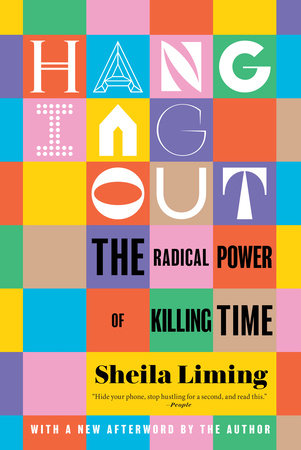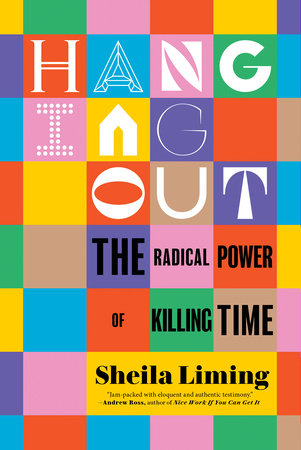

Hanging Out
By Sheila Liming
By Sheila Liming
By Sheila Liming
By Sheila Liming
Category: Psychology | Domestic Politics
Category: Psychology | Domestic Politics

-
$27.99
Jan 24, 2023 | ISBN 9781685890056
-
Jan 24, 2023 | ISBN 9781685890063
YOU MAY ALSO LIKE

The Feeling of Space

Postmortem
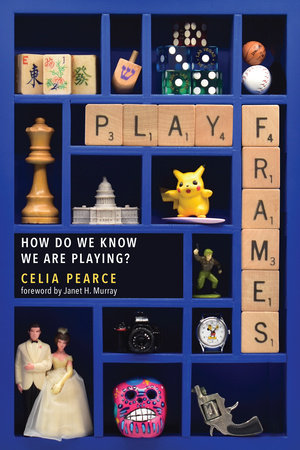
Playframes

Against Moral Responsibility

Princeton Review AP Psychology Premium Prep, 22nd Edition
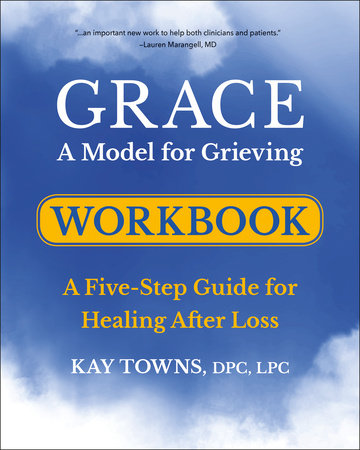
GRACE: A Model for Grieving Workbook

Outshining Trauma
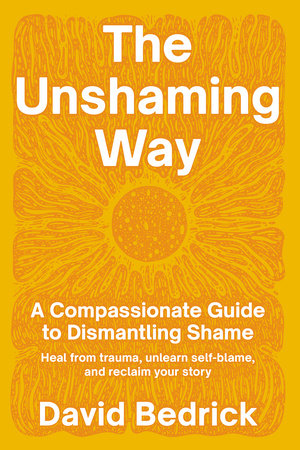
The Unshaming Way
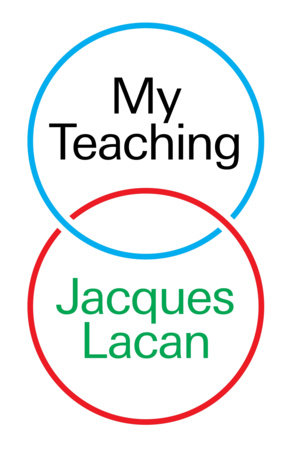
My Teaching
Praise
A Reader’s Digest Most Anticipated 2023 Read
A Literary Hub Most Anticipated 2023 Read
The Millions Most Anticipated 2023 Read
“The book conceives of hanging out as a way to reclaim time as something other than a raw ingredient to be converted into productivity.” —The New York Times
“Hide your phone, stop hustling for a second, and read this passionate argument for the importance of unstructured pre-digital hang.” —People Magazine
“Hanging Out is rich with illuminating stories…I passionately believ[ed] that her book was right.” —Slate, Dan Kois
“[Hanging Out] is exploring this downstream consequence of isolation, of loneliness, of atomization, which I think is pretty underexplored…” —Ezra Klein
“We could all use more of that blissfully unstructured social time, posits Sheila Liming in the well-considered series of arguments found in Hanging Out.” —Reader’s Digest
“[Hanging Out] opens with a simple and expansive account of what hanging out is…Liming dedicates much of the book to stories from her past. She has lived an interesting life, and she tells these stories well…” —Washington Post
“Sharp and vivid writing…her [Limings] chapter on parties is so richly drawn. It’s a layered exploration of social dynamics and contains some textured literary criticism…” —Bookforum
“More books about hanging out, less about productivity please. Sheila Liming sees the gap in our thinking about time, and the true worth in spending it in an unstructured fashion with members of our community…” —Literary Hub
“[Hanging Out] encourages readers to do more of it in real life…Liming’s observational and storytelling skills shine.” —Publishers Weekly
“From sharing a cuppa to lazing in the park, is the key to happiness doing everyday activities with pals?… Liming proposes hanging out as a balm that forges connection and meaning.” —The Guardian UK
“A thoughtful manifesto…Liming is unsurprisingly the most compelling when she incorporates literary criticism into her treatise.” —BookPage
“Tightly argued, brilliantly written…smart yet so accessible, Hanging Out will impress readers with the way each idea builds on the next, never forced and always human.” —Shelf Awareness
“Readers will gain a new appreciation for their next get-together after reading this fascinating book and taking the author’s well-written words to heart” —Booklist
“[A] meditation on the value of spending idle time with friends, family, and strangers.” —Kirkus Reviews
“Informed by her own experiences and anecdotes — chiefly from moving across the United States during the pandemic — Liming also brings a rich knowledge of pop culture and intellectual history to persuasive arguments about the importance of spending casual and unproductive time with other people.” — Zoomer Magazine
“Like me, you will thoroughly enjoy hanging out with this book. Jam-packed with eloquent and authentic testimony, it delivers many fresh insights on experiences that we might otherwise take for granted.” —Andrew Ross, author of Nice Work If You Can Get It: Life and Labor in Precarious Times
Table Of Contents
ABLE OF CONTENTS
Ch. 1: Parties
Parties constitute, arguably, the preeminent instance of hanging out. But I think our collective contemporary feeling towards them is a bit mixed and complicated, actually. For instance, I once lived in a town where every single party I attended was an homage to a vision of elsewhere—a place where the party hosts had once lived, where they wished they still lived.
Ch. 2: Jamming
I once played in a band that broke up once a year, every year, on March 18th. Our band played traditional Celtic music and the routinized mayhem of St. Patrick’s Day—our annual high point, from a financial perspective, as we once played 22 gigs in a single week—would regularly drive us to the brink of sanity.
Ch. 3: Hanging Out on TV
Reality television presents a curated, fantasy vision of hanging out. For this reason, many of us count on it to keep us company, to provide a simulated social backdrop to our (somewhat socially deprived) daily lives.
Ch. 4: Hanging Out on the Job
As an academic and writer, my yearly professional calendar is organized by conferences in a way that compares to how those of nineteenth-century New York Social Register-style elites were organized by parties and balls. Or, at least, my calendar used to be organized in this way.
Ch. 5: Hanging Out on the Internet
I’d rather have friends on the internet than have none at all. This was my thought back in 2015, when I joined Twitter, the first and only social media platform I’ve ever used. At the time, I had just moved to North Dakota, where I found myself pressed for friends and social outlets. Hanging out on the internet, I want to argue, is far from ideal but it works, in a pinch.
Ch. 6: Hanging Out with Strangers
In some ways, there is no greater test of one’s ability to get along and simply “hang out” than when is required to do so in the company of strangers. Hanging out with friends is supposed to be effortless; we know that it’s not always that way, of course, but we tend to greet such occasions with more confidence because we already have some inkling of what to expect from friends. But hanging out with strangers is a different situation entirely.
Ch. 7: Hanging Out Under Duress
There are all sorts of scenarios—many of them compelled by professionalism—that necessitate hanging out. As a result, there are all sorts of instances where hanging out happens not by choice but by fiat. This chapter deals with that other, decidedly less pleasant side of hanging out.
Ch. 8: How to Hang Out
This final chapter furnishes a conclusion in the style of a manifesto. Humans, we are repeatedly told, are social animals; thus, to be human is to hang out. So what happens if we forget how? What happens if the combined forces of neoliberalism and the COVID pandemic make it harder and harder to hang out? How do we fight for our rights to effectively do nothing, to “hang out”?
21 Books You’ve Been Meaning to Read
Just for joining you’ll get personalized recommendations on your dashboard daily and features only for members.
Find Out More Join Now Sign In






